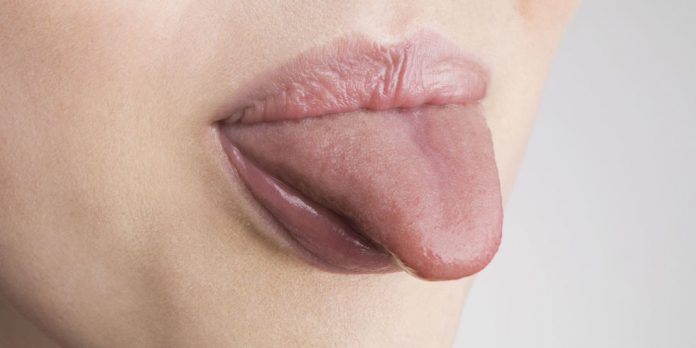
Oral thrush is a fungal infection of the mouth caused by a common organism – candida albicans. While this type of candida is normally present in small quantities in your mouth and gut, it only becomes annoying once it grows out of proportions – a process called candida overgrowth.
You won’t normally get thrush unless you’re suffering from a disease such as AIDS, cancer or diabetes, since this condition is pretty rare in healthy adults. Any serious imbalance in your mouth flora, such as poor hygiene and smoking, may also cause oral thrush.
If you do get it, it’s best to treat it as soon as soon as you notice the first symptoms.
Antifungal treatment for oral thrush
Whatever your choice of treatment, you’ll have to use some antifungal compound; that’s basically something that will kill the fungus, and thereby restore the natural biotic balance of your mouth.
However, the infection is likely to reappear if candida albicans is still present in large numbers in your gut, so the only effective long-term treatment is changing your diet.
Treatment via gels and drops
Probably the most common treatment is to apply an antifungal gel (such as miconazole) or anti-fungal drops (nystatin). Regardless of which one you choose, you’ll have to apply it four times a day over the infected regions. The typical length of such treatments is five to seven days.
Treatment via Pills
Another way to treat oral thrush is taking antifungal pills. Most doctors will generally recommend this type of treatment if the condition persists after the use of nystatin or miconazole. Antifungal tablets contain a compound called fluconazole. You’ll usually have to take them for a week, but some severe cases may ask for longer cures of up to two weeks.
The most commonly-used fluconazole pill is Diflucan, but you can also find it under the generic label Fluconazole. The common dose is 150 mgs per day for teenagers and adults, with doses for children under 13 being determined on a per kg basis.
Home treatments
Active compounds in natural ingredients have been shown to cure oral thrush by directly affecting the candida albicans colonies in your mouth. Most of these solutions are applied locally, directly on the affected region. There is no clearly determined period of treatment, as the strength of the solution plays an important role. If your home remedy of choice seems to be ineffective after a few days of use, you may want to consult a doctor.
Some essential oils have been shown to have antifungal properties and lower the spread of thrush. The most commonly-used is coconut oil. You’ll have to apply extra-virgin coconut oil on the affected areas with a cotton swab, usually 2-4 times a day, until you’re happy with the results.
Another great antifungal home remedy is salt. Add one tablespoon of salt to one cup of water and use the mixture to gargle thoroughly. Repeat a few times a day for several days, until the symptoms are gone.
You can also use tea tree oil. Add 4/5 drops to one cup of warm water and use that to gargle thoroughly twice a day for several days, until the infection improves. Be careful not to swallow, as there may be some unpleasant side effects.
Other home remedies include yogurt, baking soda and apple cider vinegar. They’re all applied locally, and yogurt and apple cider vinegar may also be consumed, either alone or mixed with other ingredients.
Conclusion
There are many ways to cure thrush, from locally-applied gels or drops, to pills, or even home remedies. Depending on the severity of the infection, you may want to look for specialist help sooner rather than later, especially if you experience more severe symptoms such as mouth pain or difficulty swallowing. If you experience repeated bouts of thrush, you may also want to pay attention to your diet.
Resources
http://www.nhs.uk/conditions/Oral-thrush—adults/Pages/Introduction.aspx
http://www.webmd.com/oral-health/guide/dental-health-thrush
http://www.emedicinehealth.com/oral_thrush/page4_em.htm#how_is_oral_thrush_treated
http://patient.info/health/oral-thrush-yeast-infection
http://www.top10homeremedies.com/home-remedies/home-remedies-for-oral-thrush.html

